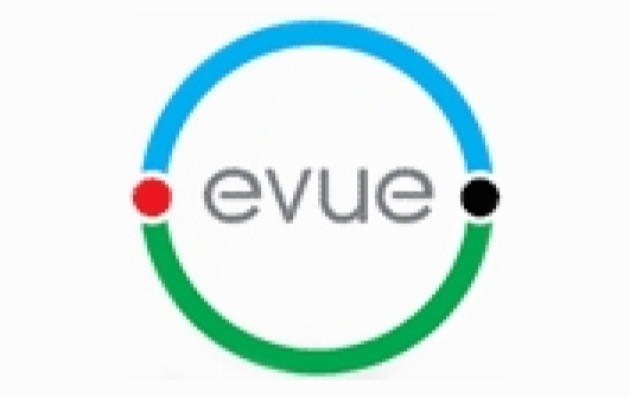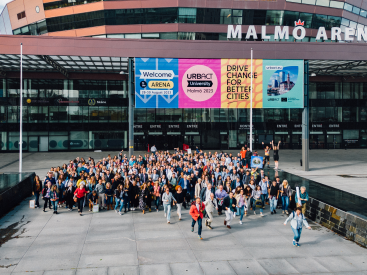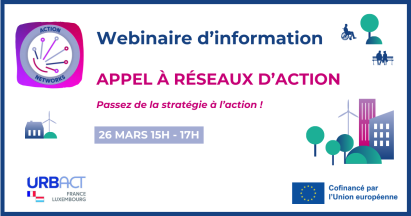01/12/2013 31/03/2015
Electric Vehicles in Urban Europe (EVUE) focuses on the development of integrated, sustainable strategies and dynamic leadership techniques for cities to promote the use of electric vehicles. Urban initiatives to encourage the public and business to use EV's will contribute to EU clean air and car fleets targets, making cities more attractive and competitive. Between 2009 and 2013, nine citiesacross Europe: Beja, Katowice, Frankfurt, Lisbon, London, Madrid, Oslo, Stockholm, Suceava and Zografou, supported by the URBACT programme, worked together to share knowledge and experience of how EVs can be implemented in the urban environment under the EVUE project. Further activity has been undertaken through Pilot Delivery Network funding to look at the outcomes from the Local Action Plan process. EVUE II concludes in March 2015.

Summary
PARTNERS
Lead Partner Westminster- Beja - Portugal
- Frankfurt - Germany
- Suceava - Romania
- Katowice - Poland
- Oslo - Norway
Timeline
Project launch
Project completed






